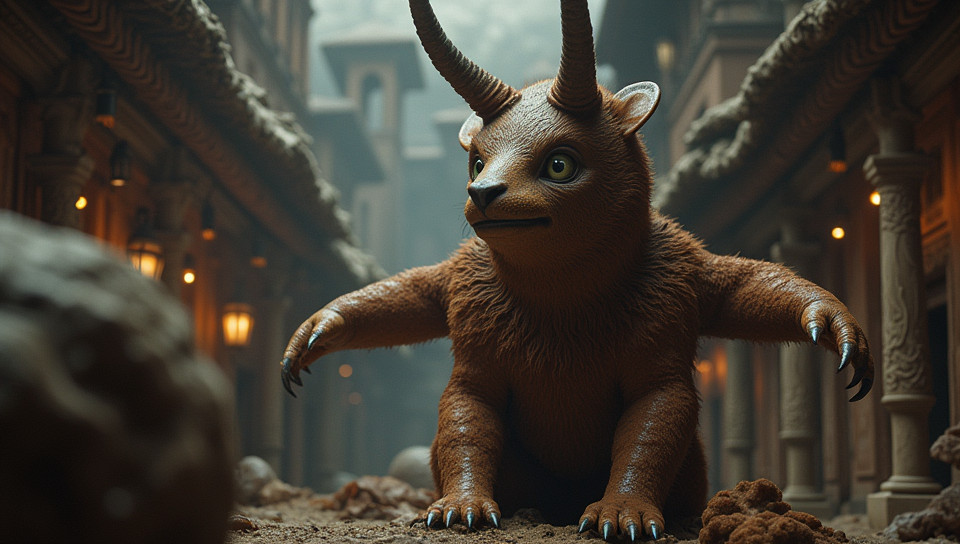Origin stories are not always true 95%

The Fabrication of History: Why Origin Stories Are Not Always True
Have you ever stopped to think about the stories behind your favorite foods, brands, or cultural traditions? Chances are, they're shrouded in myth and folklore. But what if those origin stories aren't entirely true?
The Problem with Origins
Origin stories are an integral part of human culture. They help us make sense of our world, connect with our heritage, and explain the "why" behind things that seem inexplicable. However, these stories often take on a life of their own, becoming distorted or invented over time.
- Chocolate was not always associated with Valentine's Day
- The origins of Thanksgiving are more complex than just a simple harvest feast
- The legend of Coca-Cola's secret formula is likely exaggerated
These examples illustrate the tendency to embellish and even fabricate origin stories. So, why do we cling to these myths so tightly? And what consequences does this have for our understanding of history and culture?
The Psychology Behind Origin Stories
Our brains are wired to seek patterns and meaning in the world around us. When confronted with unfamiliar or complex events, we often resort to creating narratives that make sense of them. This can lead to the creation of origin stories that, while entertaining, may not be based on fact.
Moreover, origin stories often serve a purpose beyond mere entertainment. They can reinforce cultural identity, promote consumerism, or even justify social norms. As a result, we tend to prioritize these stories over more nuanced and accurate accounts of history.
The Importance of Critical Thinking
So, what can we do to separate fact from fiction when it comes to origin stories? Here are some strategies for approaching these tales with a critical eye:
- Be skeptical: Don't take origin stories at face value. Look for evidence and verify information through reputable sources.
- Consider multiple perspectives: Origins often have complex histories that involve multiple cultures, events, or individuals. Seek out diverse viewpoints to gain a more comprehensive understanding.
- Avoid oversimplification: Origin stories can be reduced to simplistic explanations that gloss over the nuances of history.
Conclusion
Origin stories are an integral part of our shared cultural heritage, but they're not always true. By recognizing the tendency to fabricate and embellish these tales, we can begin to uncover more accurate accounts of history. This requires critical thinking, skepticism, and a willingness to consider multiple perspectives. By doing so, we can gain a deeper understanding of ourselves, our cultures, and the complex world around us.
As you explore your own cultural heritage, remember that origin stories are often incomplete or inaccurate. Approach these tales with a critical eye, and don't be afraid to challenge the status quo. In doing so, you'll not only uncover more authentic history but also become a more informed and engaged member of society.
- Created by: Yìhán Guō
- Created at: Oct. 14, 2024, 1:27 p.m.
- ID: 12743








